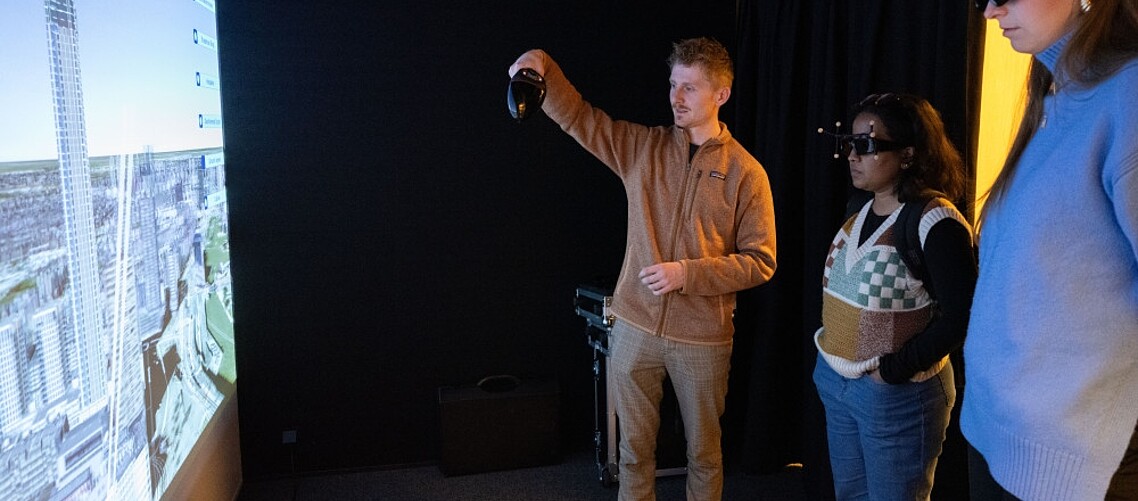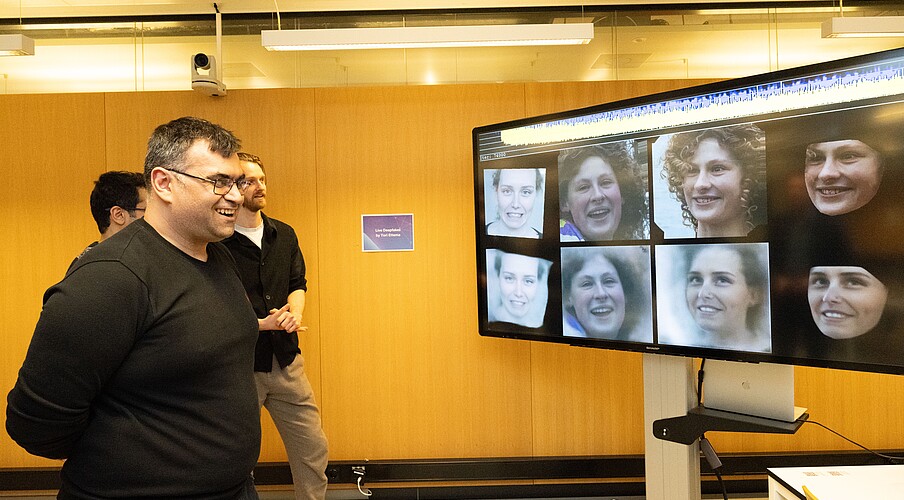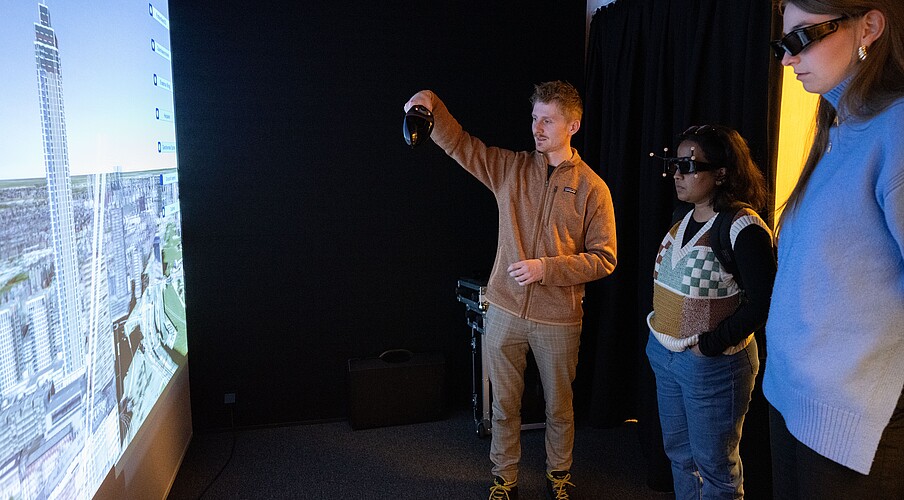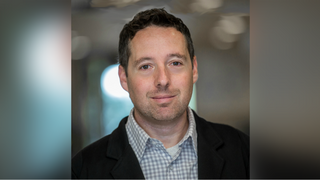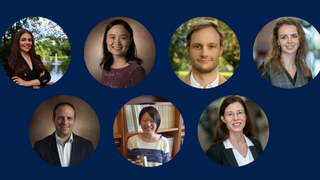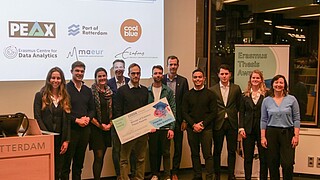Jos van Dongen, Director of the Erasmus Data Collaboratory at ECDA said: "The Immersive Tech Space brings together our academics, our immersive tech and data engineers, and our students, with external partners and stakeholders to truly engage and collaborate via immersive experiences within their own domains, and especially within innovative projects that require an interdisciplinary approach."
Roles of the Immersive Tech Space at EUR
The Immersive Tech Space is full of new ways for people to engage with the external world.
For example, in business contexts it can be used as a new medium for communication with customers; in cities it has a role in creating and strengthening relationships with citizens, and it is already being used in healthcare to educate medical personnel, improve patient care, and treat mental health issues.
In education, immersive technologies can be used in novel, inclusive, and sustainable ways for students at the university and also for executive education which is offered by the Executive Education department at Rotterdam School of Management, Erasmus University (RSM). ErasmusX, an innovation collective working on the future of education at Erasmus University Rotterdam, will use it for developing students’ soft skills, and it will be the location for academic research into immersive education that will explore the educational value of these technologies.
Grand Opening Immersive Tech Space
The Grand Opening was a great opportunity to show everyone attending what immersive technology can do. The Space was introduced by Gerrit Schipper, Executive Managing Director for ECDA. Demonstrations and presentations included the advantages of immersive education and blended learning, how AR can boost inclusivity, how immersive technology can increase citizen engagement through digital twins and metaverses, and a showcase of impactful industry applications that use holography. Guests were shown how easy it is to create live deep fakes, and experienced immersive art. The Immersive Tech Space is home to the first official holography room on campus, and the opening ceremony included a 3D avatar of Desiderius Erasmus, the patron of the university, brought to life digitally.
Supporting education, innovation and research
ECDA’s plan, introduced by Dr Marcel van Oosterhout, Deputy Executive Director of ECDA, Prof. Yvonne van Everdingen and Prof. Ting Li, is to establish an educational programme on the crossover between immersive tech and artificial intelligence (AI) for professionals with the aim of increasing levels of literacy in data, AI and immersive tech.
“Preparing new generations for working with these rapidly developing technologies is a matter of knowing which critical questions to ask and how to use these technologies responsibly,” said Gerrit Schipper.
If immersive technologies are used at the start of research projects and innovation programmes, immersive technologies can clarify complex concepts, stimulate scientific experiments, and enable researchers to gain a better understanding of the challenges faced by everyone involved; this means the subjects of the research as well as those doing the research.
Immersive technologies can also help to explain research findings more intuitively. Results can be presented more effectively and engagingly, using the gamification elements that they enable.
ECDA’s Immersive Tech Space at Erasmus University is a place to inspire academics to start using these technologies as research tools and connect and engage more easily with external stakeholders. Alumni can also do experiments or work on their own challenges in the Space with academics or students.
The team behind the Immersive Tech Space
The Immersive Tech Space has been initiated and realised by the Erasmus Centre for Data Analytics, ErasmusX, and researchers from faculties of Erasmus University Rotterdam. It’s part of the Erasmus Data Collaboratory, a ‘house of AI’ and part of a Convergence of Universities involving Erasmus University Rotterdam, Delft University of Technology and the Erasmus Medical Center, with Leiden University and the Leiden University Medical Center. Initiatives include, for example, the Erasmian Language Model and education for the Deepcell project by Prof. Peter van der Spek of Erasmus Medical Center.
The Immersive Tech Space at Erasmus University Rotterdam is situated in the Polak building on Woudestein campus.
